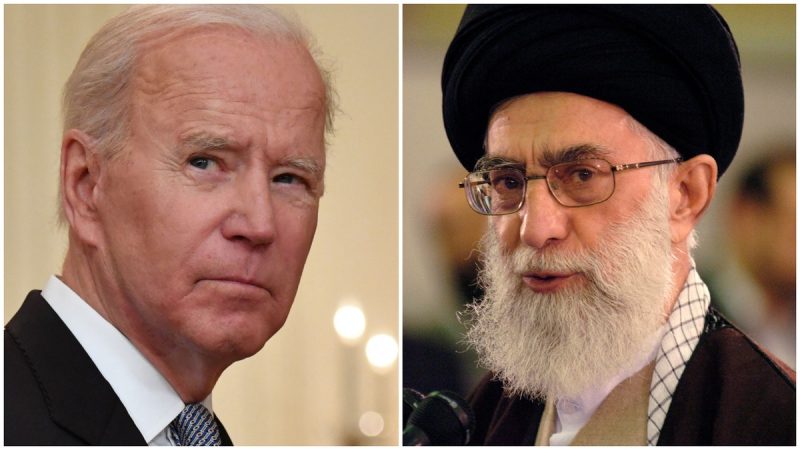The recent incident between Iran and Israel has captured the attention of global leaders and international news platforms. The central characters in this geopolitical drama are the newly elected U.S. president Joe Biden and his Vice-President, Kamala Harris. However, understanding the entire situation requires a deeper examination of the tactics used by the Biden-Harris administration.
Contrary to the popular belief that the Biden-Harris administration’s appeasement strategy was able to delay Iran’s retaliation against Israel, the actual narrative indicates different events. It needs to be clear that appeasement wasn’t the force that kept things at bay but other critical elements were at play.
The Biden-Harris approach towards the Iran-Israel conflict is strategic and calculated. Their primary aim is to keep the U.S. away from getting entangled in another Middle-East crisis, guiding their policies to reduce the armed forces’ direct involvement in these conflicts.
Interestingly, the Biden-Harris administration has decided to implement a policy of ‘quiet diplomacy.’ This means working behind the scenes, avoiding blunt, pushy decisions, and focusing on building relationships, to convince, rather than coerce, other nations into opting for peace. A significant example of it is their diplomatic overtures towards the Iran nuclear deal, formally known as the Joint Comprehensive Plan of Action (JCPOA).
However, the appeasement policy of the Biden-Harris administration towards Iran isn’t the primary reason for the delay in the latter’s retaliation against Israel. The domino effect caused by a retaliation would invariably involve superpowers like the U.S. and European countries while disturbing the status quo. Thus, Iran had to tread cautiously.
Firstly, Iran’s internal political situation is highly influenced by its economy, impeded significantly by the sanctions imposed by the U.S and European countries. A direct confrontation with Israel would undoubtedly worsen their economic conditions, implicating the political stability of the country.
Secondly, the divisions within Iran’s political establishment concerning their approach toward the West — specifically the United States — also played a part in the delay. Hardliners, moderates, and reformists within Iran have stark differences in their perspectives on the U.S., affecting Iran’s courses of action.
Also, the conflicts in Syria and Iraq, where Iran has significant influence, are pertinent to the discussion. Iran cannot afford a full-blown military confrontation with Israel without upsetting the delicate balance it has worked hard to maintain in these countries.
Furthermore, Iran’s capability to manage a direct, extensive military conflict with Israel is doubtful. The country’s military infrastructure and preparedness are challenged severely by decades-long international sanctions and internal socio-economic problems.
In summary, while Biden and Harris’s appeasement and quiet diplomacy tactics are shaping the U.S.’s foreign policy, these factors are not the driving forces behind Iran’s paused retaliation. Instead, it is Iran’s internal dynamics and geopolitical interests, coupled with the limitations imposed by economic sanctions, that are the key deciders in this equation. The situation calls for monitoring and analysis as further developments unfold.






























